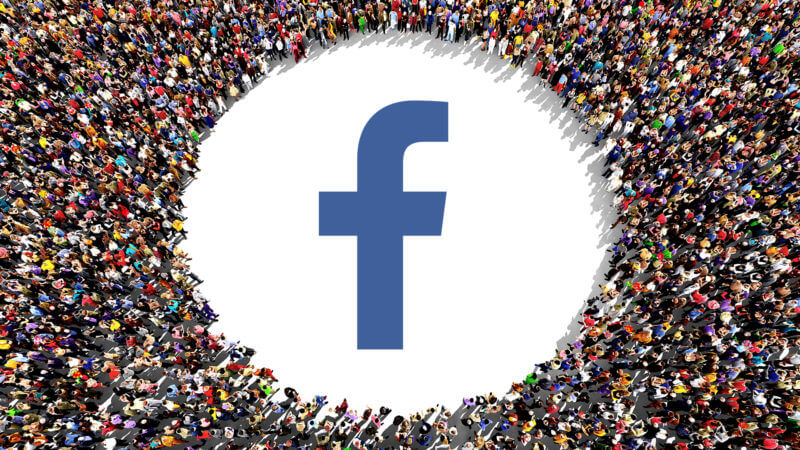Last week, Facebook removed four ad-targeting options after a ProPublica report found that the fields could be used to target ads to people who filled in “Jew hater” as their educational field of study and “NaziParty” as their employer.
“To help ensure that targeting is not used for discriminatory purposes, we are removing these self-reported targeting fields until we have the right processes in place to help prevent this issue,” the company wrote in a blog post published last week. The four targeting options in question are people’s school, employer, field of study and job title, which Facebook’s algorithm populated by crawling the text people had submitted as entries on their Facebook profiles.
However, the removal only applies to new campaigns. Existing campaigns that use school, employer, field of study or job titles as targeting options are not affected, according to a Facebook spokesperson. The terms cited in the report were not found in any targeting fields of existing campaigns, the spokesperson said. I’ve asked if Facebook has confirmed that similarly offensive terms like the ones cited are also not being targeted and will update here if and when the company responds.
That Facebook would make a change to its ad platform and not apply the change retroactively is not unusual. The company typically rolls out changes over time, allowing old options to phased out as the campaigns using those options come to an end. That’s how Facebook handled a similar ad-targeting controversy last year when ProPublica drew attention to how Facebook’s ethnic affinity targeting could be used to exclude audiences based on race.
About The Author

Tim Peterson, Third Door Media’s Social Media Reporter, has been covering the digital marketing industry since 2011. He has reported for Advertising Age, Adweek and Direct Marketing News. A born-and-raised Angeleno who graduated from New York University, he currently lives in Los Angeles. He has broken stories on Snapchat’s ad plans, Hulu founding CEO Jason Kilar’s attempt to take on YouTube and the assemblage of Amazon’s ad-tech stack; analyzed YouTube’s programming strategy, Facebook’s ad-tech ambitions and ad blocking’s rise; and documented digital video’s biggest annual event VidCon, BuzzFeed’s branded video production process and Snapchat Discover’s ad load six months after launch. He has also developed tools to monitor brands’ early adoption of live-streaming apps, compare Yahoo’s and Google’s search designs and examine the NFL’s YouTube and Facebook video strategies.
Popular Stories

